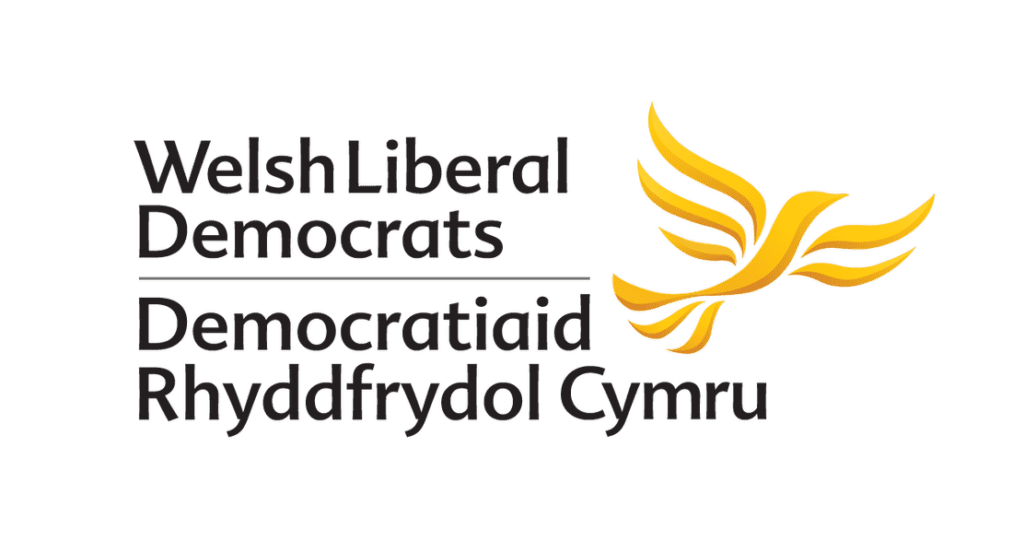
During the debate on the review of NVZs the Welsh Liberal Democrats have welcomed changes secured, but have stated some questions remain, especially around what happens post-2025.
Commenting Welsh Liberal Democrat Leader and Mid & West Wales Senedd Member Jane Dodds said:
“I am pleased that the huge amount of work done by the committee to make the case for a more proportionate response to what is a very serious issue has been listen to.
“I myself wrote to the Minister and First Minister urging a delay whilst an economic impact assessment was undertaken, so I’m pleased to see that will form a part of this package.
“I do worry however, that the unintended consequences of these regulations will be felt far beyond the individual farm gate because not enough attention has been paid so far to the wider impact on rural communities or implications for pre and post-farm gate supply chains.
“We need to understand more about the proposed licencing scheme including how many farm businesses can expect to benefit? Will there be any learning to inform potential changes to the Regulations? What are the parameters of that consultation? What are the successful criteria for that consultation?
“Farmers have repeatedly said that a delay alone is just a sticking plaster, so if all this licencing scheme does it delay the reality for a group of farm businesses to 2025, is this just stringing farmers along in the hope that something might possibly change?
“There needs to be some honesty with farmers around what this licencing scheme actually entails.
“I am also concerned that the funding package provided to date falls far below what the government’s own figures suggest is the upfront cost of around £360m – far and above total farm income. The additional £20m last week can’t be put into context without being provided the full detail of financial support to date, and in the face of ever-growing cost pressures on farmers, sounds like a drop in the ocean.
“There’s also a real lack of clarity around what funding is being provided to NRW to meet these regulations. I know through my own conversations that NRW’s capacity for monitoring, enforcement and rapid response to pollution incidents is massively constrained.
“Without that effective regulatory role from NRW, these regulations simply punish farmers.
“If NRW does not receive additional funding, I struggle to understand how a balance between periods of stability with a detailed programme of monitoring – which is stated in the government’s response to the report – is achievable? How can there be any assurance around the quality of that detailed monitoring unless the body tasked with that monitoring is properly resourced to do so?
“I’m glad progress has been made and the sector’s voice has been heard, but we must get answers to these outstanding questions to provide our farmers with certainty in the years ahead.”
Help keep news FREE for our readers
Supporting your local community newspaper/online news outlet is crucial now more than ever. If you believe in independent journalism, then consider making a valuable contribution by making a one-time or monthly donation. We operate in rural areas where providing unbiased news can be challenging. Read More About Supporting The West Wales Chronicle

























